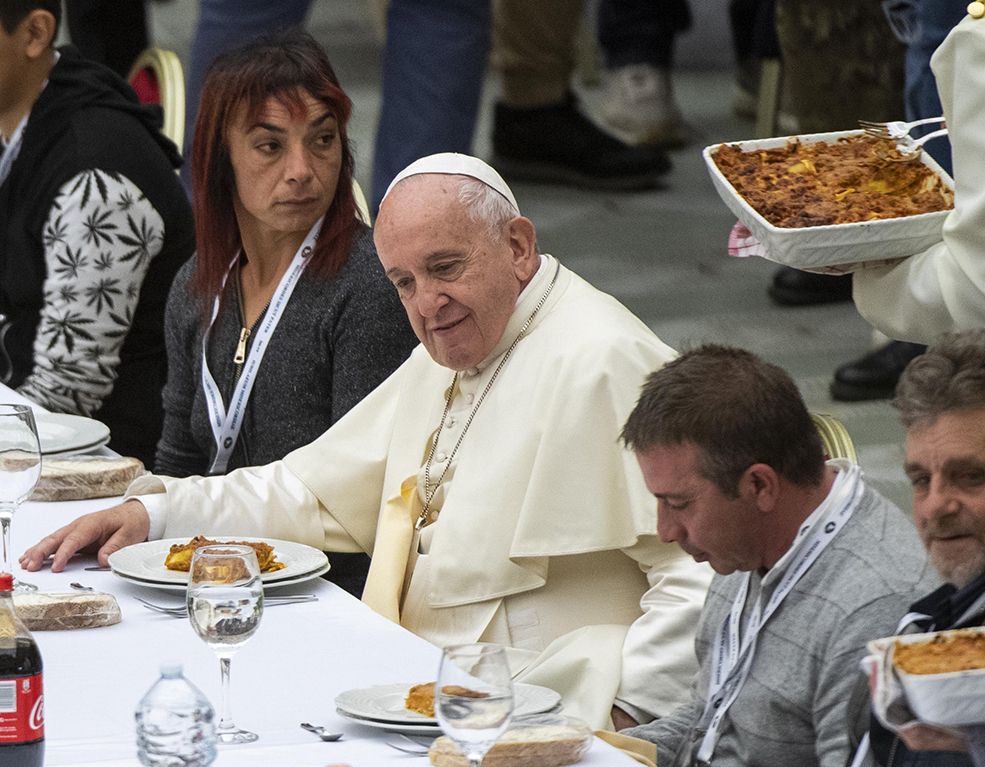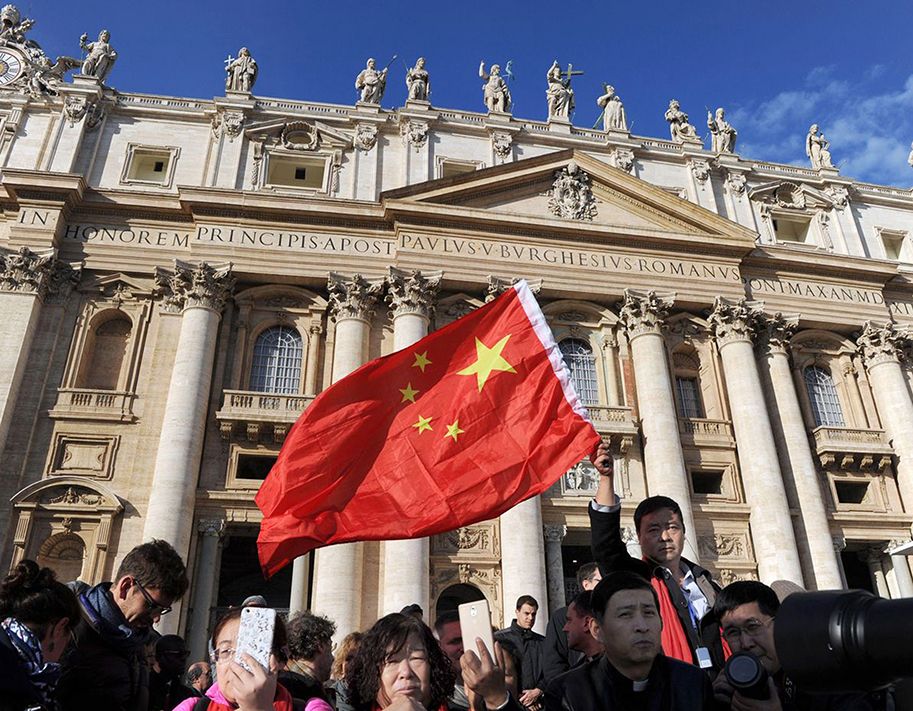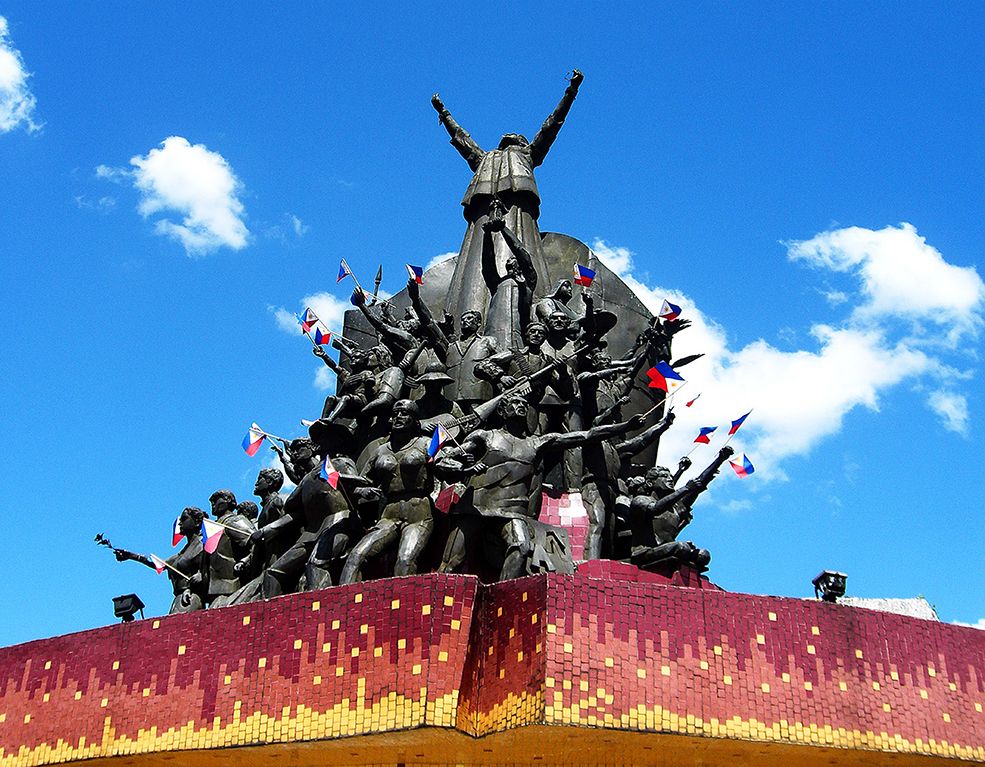There is no uniform system of beliefs and practices in the cult of ancestors in black Africa. In fact, one finds differences in details even in the same ethnic group. Moreover, the ancestral veneration which will be described here is not found in each African traditional community. Nevertheless, the cult belongs to the majority of the peoples. Besides, notwithstanding the differences, there are many elements shared in common by many ethnic societies. This fact justifies the assertion that there are common conceptions on ancestors and their cult. It is on such common views that the exposition which follows will be mainly centered.
That ancestral veneration in Africa is intimately linked with the traditional worldview. In this worldview, life – understood as sacred power (vital force) – is a central element. The ideal of African culture is the coexistence and strengthening of vital force in the human community and the world at large. This ideal is one of the basic motivations of ancestral cult. That is why, in many African societies, ancestral status is closely linked with procreative fecundity. In some (but by no means all) communities, a person without offspring cannot become an ancestor.
There are even cases where it is believed that the naming of the descendant after the name of his ancestor makes it possible for the ancestor to continue to live in his descendant. The belief is widespread that the ancestor will continue to survive as ancestor only on condition that he is not forgotten, i.e. if his descendants will communicate regularly with him through prayer and ritual offering. Hence, the African desires to have many children who will remember him and ritually communicate with him. An ancestor, on his part, is believed to procure benefits for his living kin such as health, long life and the begetting of children.
Super-human status
African ancestral relationship includes the idea of kinship as an indispensable factor. No one can be an ancestor of an individual who is not kinly related to him. It is for this reason that rituals for the dead without any particular reference to kinship are generally considered not belonging to ancestral cult. And although there are cases where ancestral relationship is not founded on family ties (e.g. when such relationship is grounded on common membership in a religious or secret society), yet such relationship rarely – if ever – goes beyond tribal limits.
Thanks to his death, an ancestor is believed to enjoy a sacred super-human status with special magical religious powers that can be beneficial or even harmful to his earthly kin. Such superhuman condition is expressed in various ways. Thus, for instance, both bodily and spiritual qualities are ascribed to the ancestors: invisibility or visibility in human but in unusual form, capacity to enter into and possess human individuals or brute animals, capacity to consume food or drinks, special nearness to the Supreme Being, capacity to exist anywhere – although the ancestors are believed to have localities of preference (e.g. shrines, particular trees or bushes, graveyards, etc.).
At times, the ancestral spirits are presented with ambivalent features: they can be benevolent to their earthly kin, but they can also intervene at will to harm them. That is why they are also feared. When they are forgotten or neglected by their descendants, they are said to manifest their anger by sending to their descendants bodily or spiritual calamities. Their anger is usually appeased through prayer and ritual offerings or oblations. This is an indication of the belief that ancestors are entitled to regular sacred communication with their earthly relatives.
Nearness to the Supreme Being
In spite of the fear manifested at times towards ancestors, the living are naturally drawn to ritual communication with their deceased kin. Such inclination stems from the natural love, piety and respect towards their sacred relatives in the other world, as well as from the belief in the beneficial sacred vital forces the ancestors are supposed to possess; thanks to their nearness to the Supreme Being. Indeed, the living on earth expect special benefits from their ancestors, e.g. protection from sickness, death or other misfortunes, and the acquisition of various benefits, such as long life, great wealth or many children.
An ancestor is, therefore, expected to be faithful to his earthly kin, who expect from him a favorable response or reward for their prayers and ritual donations to him. When recourse to the ancestors fails to procure the desired effects, the living normally turn to the Supreme Being as a last resort. The ancestors, on their part, are said to desire frequent or regular contact with their earthly relatives, and are even believed to visit them through mediums (e.g. snakes, hyenas and caterpillars) or to have direct union with them through possession. In fact, the living and their ancestors form a totality in which solidarity is lived and expressed through prayers and rituals, in which human and cosmic solidarity is engaged.
From what has been said above, it is obvious that the African manifests a sort of dialectical tension in his attitude towards his ancestors, namely: fear, but also attraction towards them. As can be gathered from the above description, there are various reasons behind such ambivalent attitude. Among such reasons, the sense of the sacredness of the ancestors should also be included. Sacredness is experienced both as tremendum et fascinosum, tremendous and fascinating, at the same time. Undoubtedly, belief in such experience accounts also for the African’s ambivalent behavior characterized by fear and attraction towards his ancestors.
A morally good life
Thanks to their superhuman condition and nearness to the Creator, the ancestors are often considered as mediators between the Supreme Being and their earthly kin. However, although mediation is ascribed to the dead in many African societies, it is not an indispensable factor of ancestral status. It is indeed absent from the ancestral cult of some communities, and some anthropologists believe that it is a latecomer into that cult, probably due to Christian influence. Besides, although the creation itself is acknowledged as ancestor by some tribal groups, no mediatory role is ascribed to it by such communities. It is important to add, in this connection that, unlike the Supreme Being, human ancestors are not adored in African societies.
No one can attain ancestral status without having led a morally good life, according to traditional African moral standards. For an ancestor is regarded as a model or exemplar of conduct in the community, and as source of tribal tradition and stability. In some tribes, proper burial with appropriate funeral rites is another necessary condition for the ancestral mode of existence. This condition is, however, not universal. Thus, it was non-existent among those societies in which the dead were not buried, but thrown into the bush.
African ancestral cult exists as part of a larger religious system. As it is limited to the ethnic group, no attempt is made to proselyte outsiders. Close observation reveals that the cult is fundamentally anthropocentric. It is centered on the human person, and is intended to procure human welfare in this world and in the world beyond death. And in those cases where the Creator is acknowledged as ancestor, He was anthropomorphically conceived..
Excerpt from the essay “Ancestor Veneration in Africa – www.afrikaworld.net/afrel/index.html














